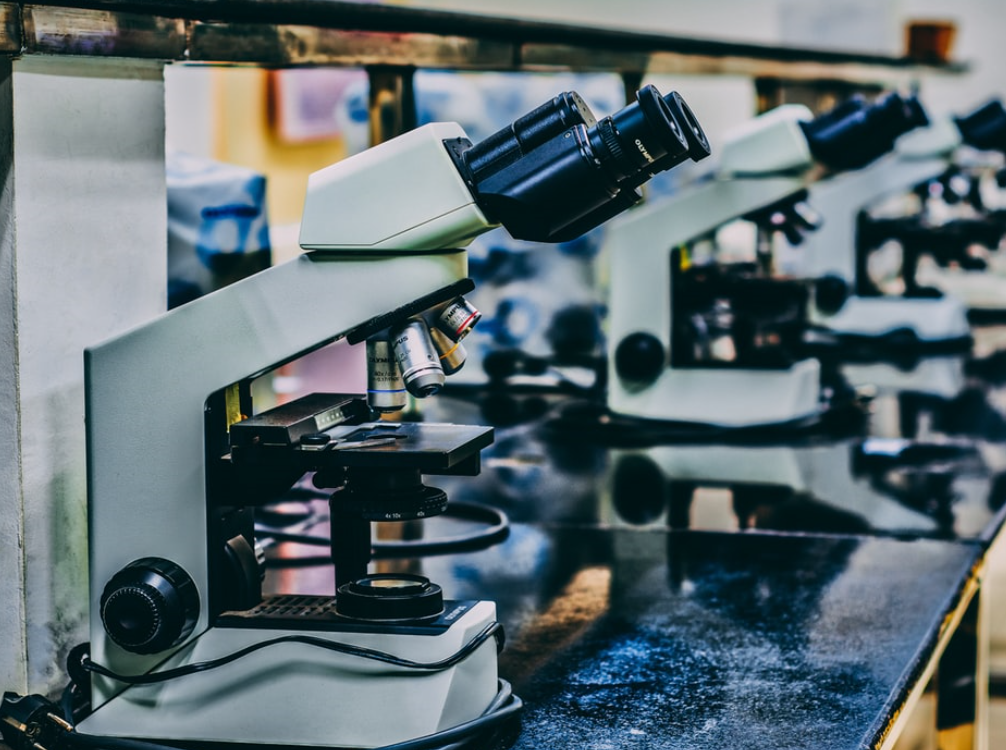
DNA damage response (DDR)-focused company Artios has in-licensed University of Texas MD Anderson and ShangPharma Innovation’s joint ATR inhibitor programme.
As a result, Artios will have exclusive rights to research, development, manufacture and commercialise all products globally – the company expects to submit an investigational new drug application for the lead product in the second half of 2020. Financial terms of the agreement were not disclosed.

Discover B2B Marketing That Performs
Combine business intelligence and editorial excellence to reach engaged professionals across 36 leading media platforms.
Artios CEO Dr Niall Martin said: “This programme has the potential to be a highly effective DDR-targeted treatment in cancer.
“We look forward to advancing the work done by MD Anderson and ShangPharma for the benefit of cancer patients.”
MD Anderson vice-president of the therapeutics discovery team Philip Jones added: “Targeting DNA damage repair has the potential to provide an important therapeutic option for many patients in need of new treatments.
“We are pleased Artios will leverage its unique expertise in this field to advance this novel therapy toward the clinic to improve outcomes for cancer patients.”

US Tariffs are shifting - will you react or anticipate?
Don’t let policy changes catch you off guard. Stay proactive with real-time data and expert analysis.
By GlobalDataShangPharma CEO Walter Moos continued: “We are pleased to transition this important programme to the capable development team at Artios, and we hope this ultimately provides an impactful therapy for those afflicted with cancer.”
ATR is a signalling protein important in DNA double strand break repair and replication stress; by inhibiting ATR, tumours with an ATM deficiency are selectively killed through synthetic lethality process. ATM mutations are found in a wide range of tumour types, suggesting ATR inhibitors could have a broad therapeutic effects across various oncology indications.
Martin commented: “The addition of the ATR programme further supports our position as a leader in the DDR space and strengthens our growing portfolio of assets, which includes a leading Polθ programme, currently in candidate IND evaluation, and a large discovery stage platform of novel DNA repair nuclease inhibitors.”
Polθ, or DNA polymerase theta, is associated with various processes in DNA repair and is up-regulated in numerous tumour types. Artios is currently collaborating with Czech Masaryk University to develop novel DNA nuclease-targeted cancer treatments.


